
Reolink wireless home security cameras that combine advanced smart features, long-lasting battery power, and enhanced flexibility for reliable indoor and outdoor home surveillance. For instance, indoor wireless models are perfect for monitoring your family and keeping your home safe with motion detection, remote access, and high-definition video.
Series/Type
Scenarios
Power Options
Network connection
Resolution
Lens
Night Vision
Light
Weatherproof
Color
Compatibility
Special Features
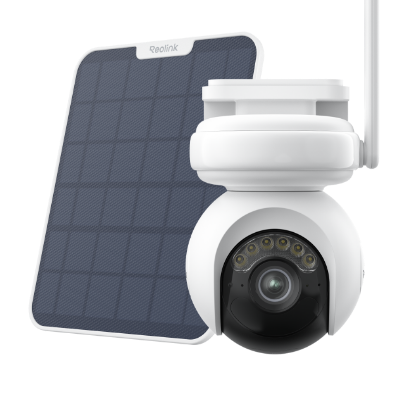
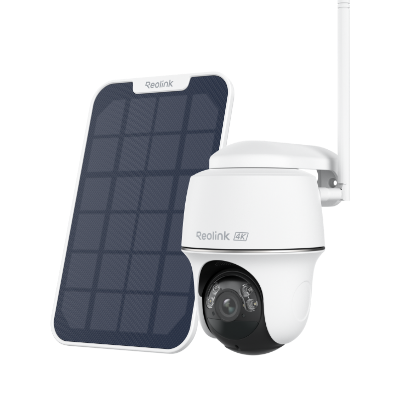
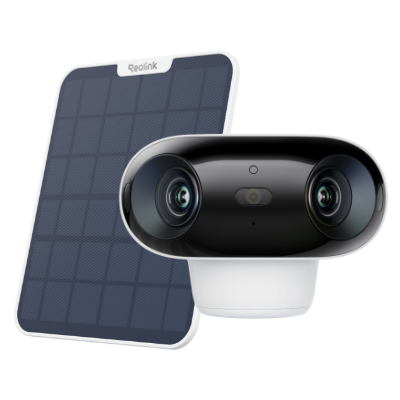
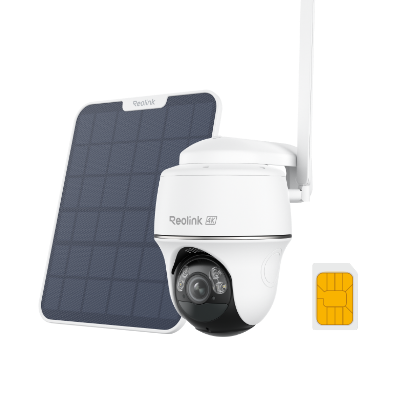
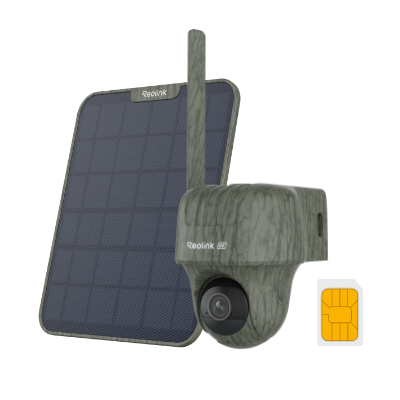
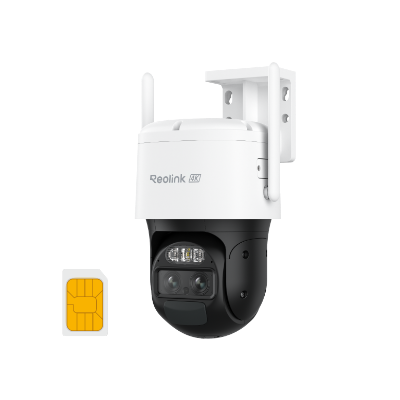
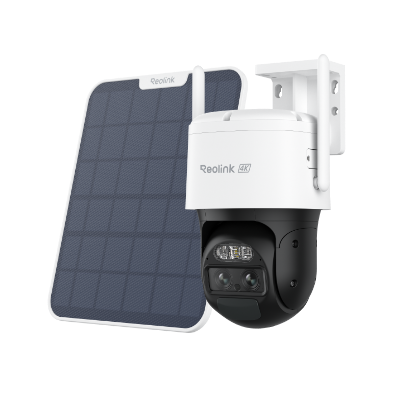
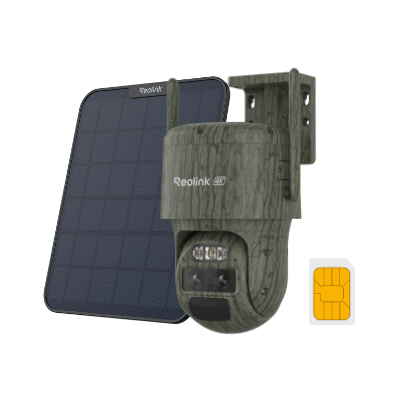
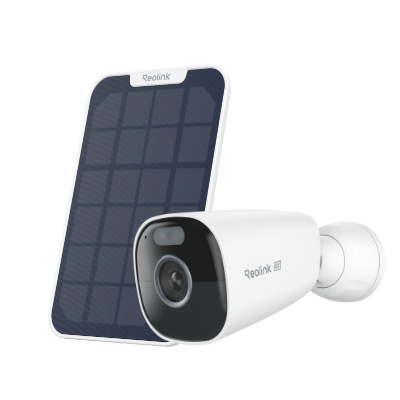
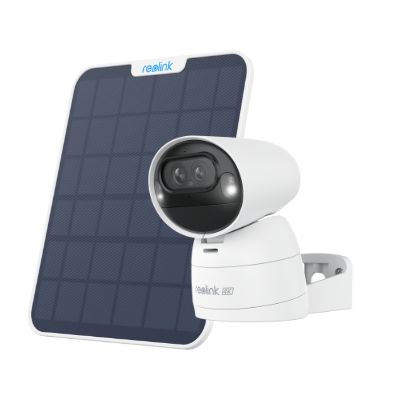
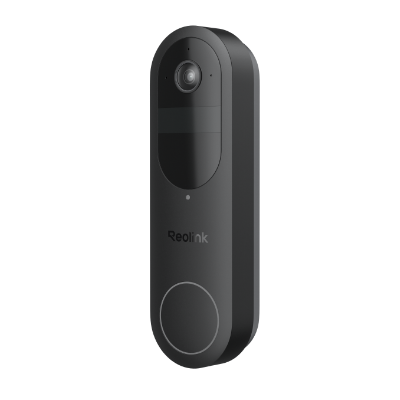
Wireless security cameras record images with a small digital image sensor, transform this information into a compressed file, and transmit that file via a home Wi-Fi network to a phone, tablet, or even a cloud server.
Within the housing, there is a lens that focuses the light, a processor that converts the light into digital information, and a radio that performs the actual transmission. When the camera notices movement with the help of its built-in sensor, the processor begins recording, and data packets are transmitted using the router to the viewing application.
A wired system guards well, yet many households need a faster and cleaner route to stronger safety. There are wireless outdoor models that meet that requirement in a number of ways:
- Easy to Use: Every person who can scan a QR code can add a camera to a network. The companion app is set up in stages, and updates to the firmware are automatic; thus, maintenance remains minimal.
- Flexibility: Since there is no video cable to run back to the recorder, a camera can be placed in front of the porch, then a few minutes later, the camera can be relocated to the garage. Major rewiring jobs are no longer done because of seasonal change, renovation, or change of tenants.
- AI Motion Detection: The latest processors identify people and pets or cars, eliminating the possibility of false notifications due to blown branches. Smart alerts enable you to prioritize important events and save time spent on review.
- Seamless Connectivity: The steady stream of the camera and router is ensured by uninterrupted handshaking. Dual-band radios alternate the 2.4 GHz and 5 GHz frequencies in search of the stronger channel, and some units also add a cellular backup module in case of critical sites.
There are dozens of models available on the market. Refine the list with a core match of the requirements of your property.
- Reliable Power Source: Check battery capacity, charge time, and anticipated runtime under local weather. In sunny areas, solar panels come in handy, whereas in shady areas, a plug-in adapter can be used.
- Stable Connectivity: A camera must have a clear view of the router or a mesh node. Check whether external antennas or Wi-Fi 6 are available in case the house walls prevent the signal.
- Storage Options: Choose local microSD cards, a network video recorder, or an encrypted cloud plan. Local media remain private, and cloud clips escape a break-in.
- Weather Resistance for Outdoor Use: Check the IP rating. An IP65 rating protects against rainfall, and the IP67 protects against temporary submersion. Dust and insects are also repelled by rugged housings.
- Video Quality: The higher the resolution the higher the finer details it captures, though it will occupy more storage space. The majority of the driveways are covered by a balanced 2K (1440p) or 4K stream, which will not choke a standard broadband connection.
- Night Vision: The cameras illuminate the room using irradiating light. Search the dark nighttime colors in case you have to read the color of clothing or vehicle paint during darkness.
Correct placement turns a single unit into a useful witness. Think about sight lines, light sources, and privacy before you mount the indoor camera.
- Main Entry Points: Aim a camera at the front door or ground-floor windows to record every visitor who steps inside.
- Common Areas: A device set high in the living room can watch hallways that lead to bedrooms and capture broad coverage without blocking décor.
- Nursery or Child’s Room: Parents often want real-time checks on infants. A soft status light and a silent motor keep the room calm while streaming to your phone.
- Home Office or Safe Zones: If you store documents or valuables, place a camera above the cabinet. Remote alerts help you react before loss occurs.
Reolink Argus 4 Pro stands out as it records 4K video straight to onboard memory, use a compact solar panel for power, and offer an easy-to-navigate app. The manufacturer provides smart detection at no charge, so you avoid storage or analysis fees while keeping essential smart functions active.
Manufacturers rely on three methods. Many outdoor units use lithium-ion packs that last two to six months per charge, depending on motion frequency. Solar models top up those packs during daylight, cutting manual charging to near zero. Indoor cameras often connect through a standard USB-C power adapter for uninterrupted operation.
No, a wireless security camera does not always need the internet. It can record to a local SD card or a recorder without Wi-Fi. But you do need the internet if you want remote viewing, cloud storage, or app alerts.